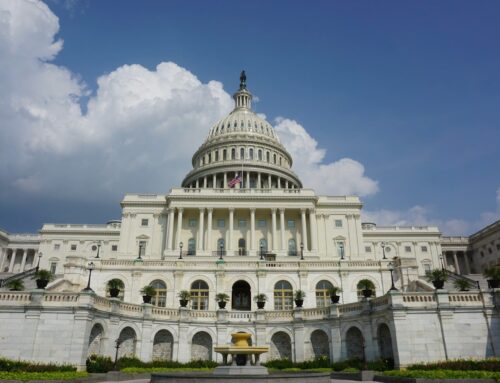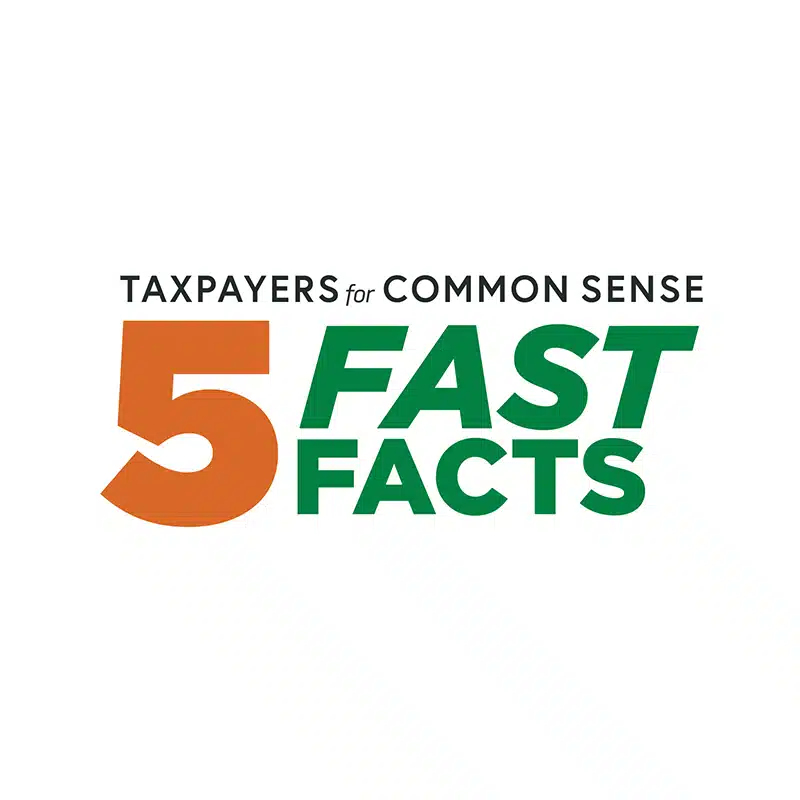As tax-cut fever grips Washington, details like the fact that Uncle Sam is still deeply in the red are being downplayed.
While politicians boast of $5.6 trillion in future surpluses, they continue to ignore America's staggering national debt.
The national debt stands at nearly $5.8 trillion, according to the U.S. Bureau of the Public Debt (www.publicdebt.treas.gov). That's up from $5.5 trillion in 1998 and a little less than $5 trillion in 1995. The federal debt is expected to continue rising for the foreseeable future.
Already, almost 10 percent of every tax dollar will go to paying down interest on the debt this year, according to the House Budget Committee.
Supporters of large tax cuts often talk as though excess tax dollars are already piling up in the basement of the Treasury. Over 80 percent of the projected surplus dollars will not appear until after the next presidential election, if they appear at all.
Economists at the Congressional Budget Office (CBO) who came up with the $5.6 trillion surplus projection have said their projections will “almost certainly” be wrong.
The budget office cannot predict future legislation. Washington lawmakers are talking about a new billion-dollar prescription-drug program, for example. This program does not yet show up in CBO's cost projections.
Nor can lawmakers accurately account for the true cost of the promised tax cut. The much-touted Bush tax plan would cost far more than the advertised $1.6 trillion.
The administration's price tag, for example, doesn't include additional interest costs on the national debt that the plan would entail. Those costs would bring the total price of the Bush plan to $2 trillion.
The Bush estimate also doesn't include such obvious expenses as fixing the alternative minimum tax — a $300 billion correction in the tax code that many on Capitol Hill agree has to be done.
The administration has also been talking about additional spending on defense and education, more business subsidies and new prescription-drug benefits.
Americans deserve tax relief this year. However, that cut should not come at the expense of more hard-earned tax dollars being drained by interest payments. Congress and the President should work to enact a smaller tax cut immediately, and then focus on paying down the debt that lawmakers always seem to forget.











Get Social